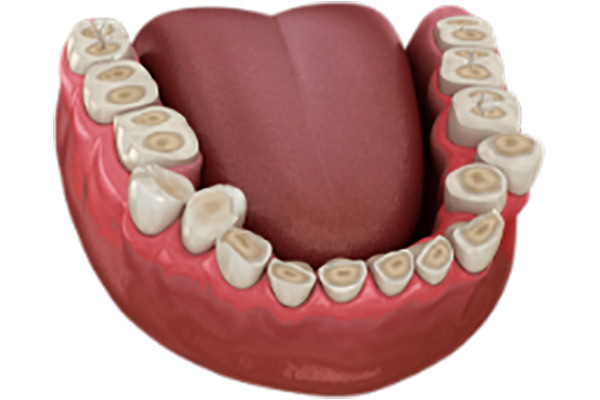Certainly, a mouth guard is a good start. However, other preventive actions can be taken to help fight bruxism. For people of all ages, regular exercise is a stress reducer, which, in turn, can directly reduce bruxism. For adults, it may help to cut down on stimulants (such as tobacco and caffeine).
Regular dental exams (twice a year) can help catch damage caused by bruxism. If a patient’s teeth are cracked, misaligned, or teeth are missing, restorative treatment is necessary. If bruxism is linked to stress, anxiety, or other mental health conditions, your doctor may recommend Stress Management Treatment

